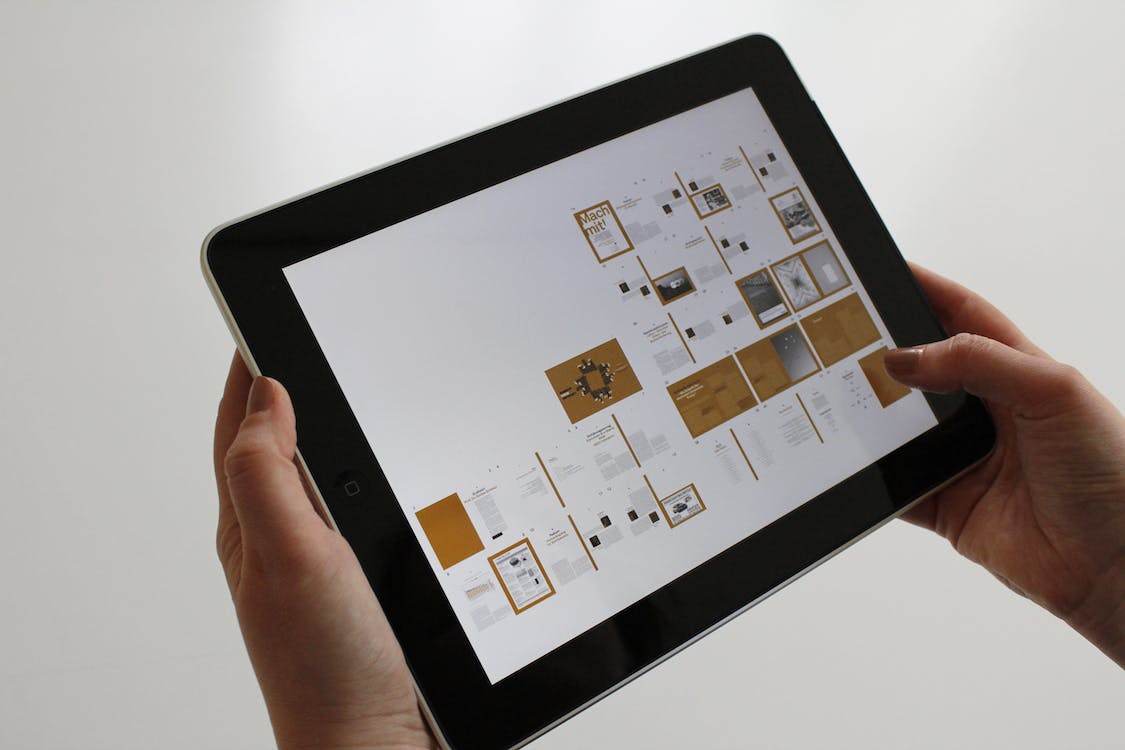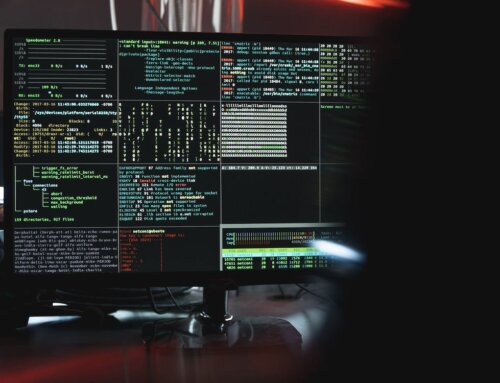In the age of connectivity, the Internet of Things (IoT) has emerged as a powerful force, revolutionizing the way industries operate. IoT, a network of interconnected devices and sensors, has gone beyond buzzwords and has become a driving factor behind increased efficiency, improved decision-making, and enhanced customer experiences across various sectors. In this blog post, we’ll explore how IoT is transforming industries and reshaping the future of business.
Precision Farming for Sustainable Harvests
IoT is transforming agriculture through precision farming. Sensors collect data on soil moisture, temperature, and nutrient levels, helping farmers optimize irrigation, reduce resource waste, and improve crop yields. Drones equipped with IoT technology monitor crop health, detect diseases, and assess the need for pest control, making agriculture more sustainable and efficient.
Healthcare: Remote Patient Monitoring and Telemedicine
In the healthcare sector, IoT is enhancing patient care through remote monitoring devices. Wearable health trackers and smart medical devices transmit real-time patient data to healthcare providers, allowing for more proactive and personalized care. Telemedicine services have expanded access to healthcare, enabling remote consultations and reducing the strain on healthcare facilities.
Manufacturing: Smart Factories and Predictive Maintenance
IoT is revolutionizing manufacturing with the concept of Industry 4.0. Smart factories use IoT sensors and data analytics to monitor and optimize production processes in real time. Predictive maintenance algorithms help prevent costly equipment breakdowns by predicting when machinery requires servicing, reducing downtime and maintenance costs.
Transportation: Connected Vehicles and Smart Logistics
In the transportation sector, IoT is driving innovation with connected vehicles and smart logistics. IoT-enabled sensors in vehicles provide real-time data on performance, fuel consumption, and driver behaviour, improving safety and efficiency. Smart logistics systems use IoT to optimize routes, monitor cargo conditions, and reduce delivery times.
Energy: Efficient Resource Management
IoT is transforming the energy sector by enabling efficient resource management. Smart grids use IoT technology to monitor energy distribution, detect faults, and optimize energy flow, reducing energy waste and carbon emissions. IoT sensors in buildings and homes provide real-time data on energy consumption, helping consumers make more informed decisions about resource usage.
Retail: Enhanced Customer Experiences
IoT is enhancing customer experiences in retail through personalized shopping. IoT sensors and beacons in stores provide location-based promotions and recommendations to shoppers’ smartphones. Smart shelves monitor inventory levels, reducing stockouts and overstocking. Cashier-less checkout systems streamline the shopping process.
Smart Cities: Sustainable Urban Development
IoT is at the heart of smart city initiatives, enabling sustainable urban development. IoT sensors monitor traffic flow, reduce congestion, and optimize parking. Waste management systems use IoT to improve collection efficiency, reducing costs and environmental impact. Smart street lighting adjusts brightness based on real-time data, conserving energy.






